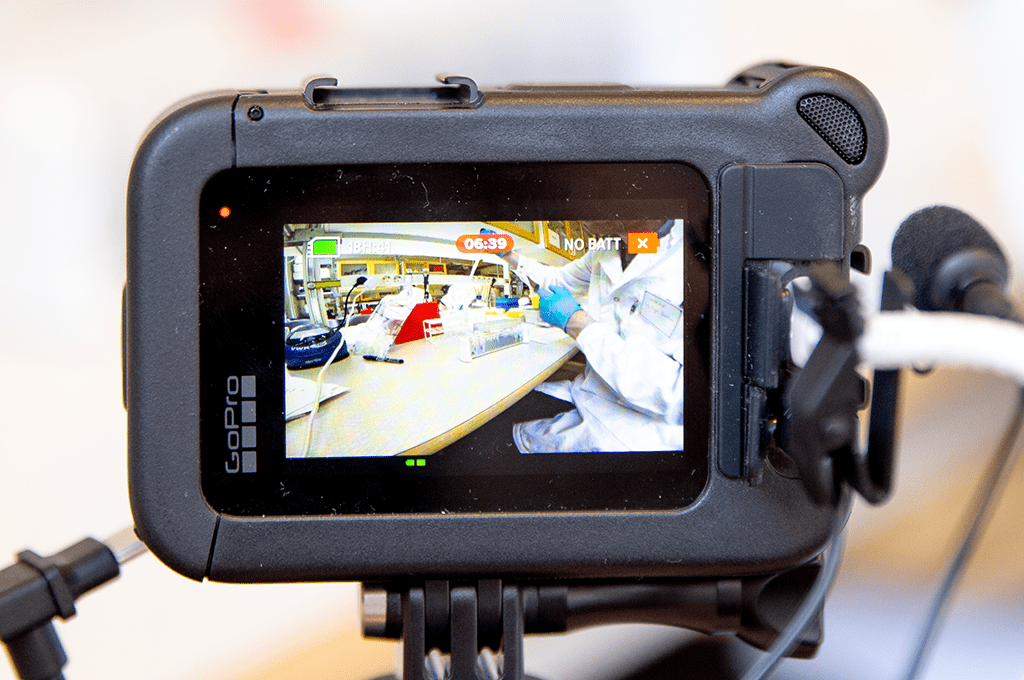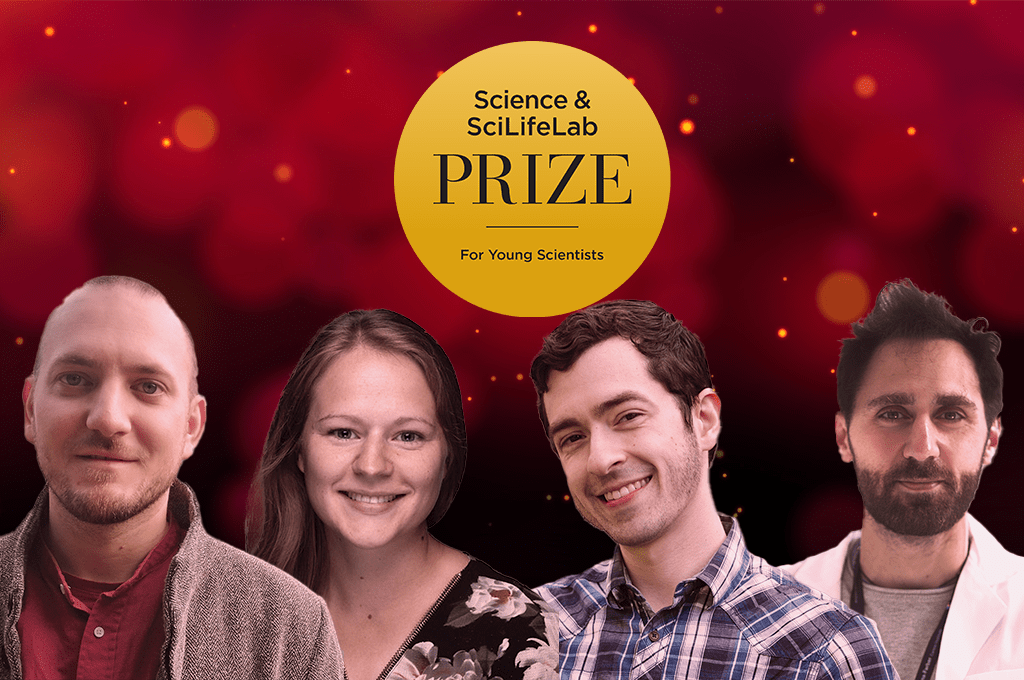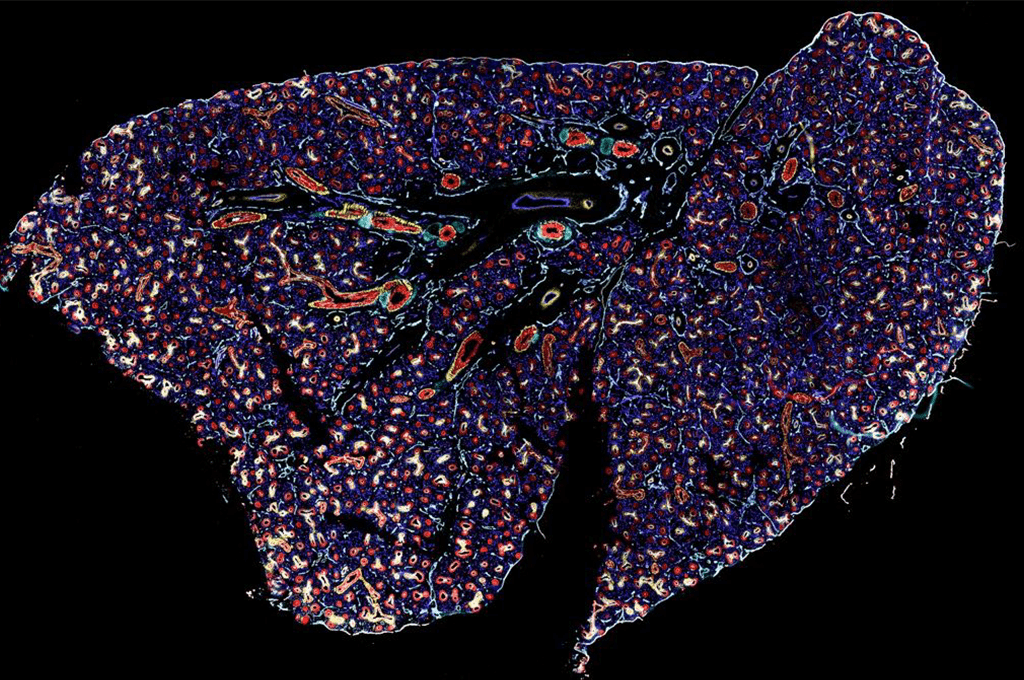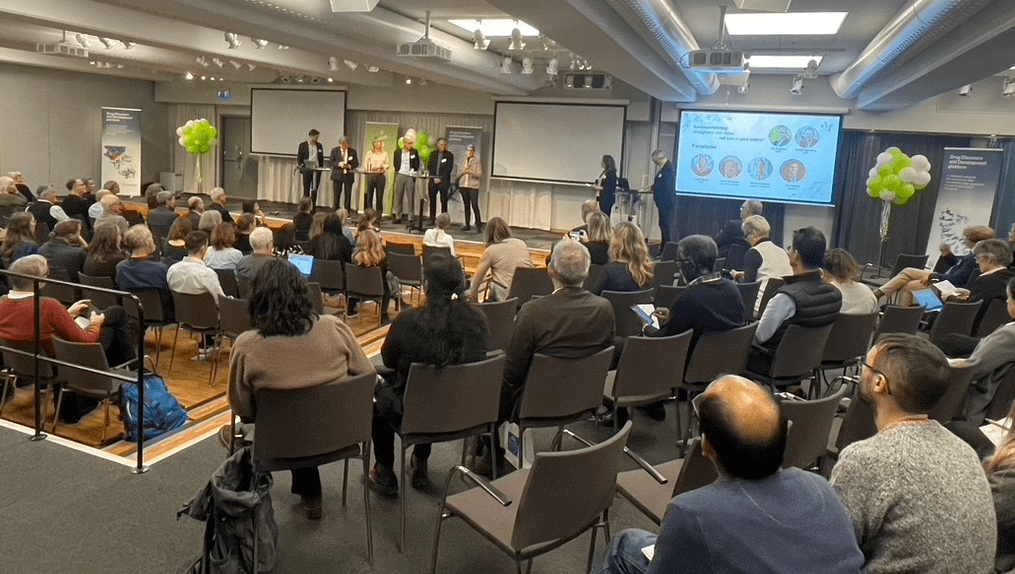SciLifeLab part of BY-COVID – new EU project for pandemic preparedness
On October 13, a new €12 million Horizon Europe funded project, BeYond-COVID (BY-COVID) was launched. SciLifeLab is one of 53 partners from 20 countries in this collaborative effort to tackle data challenges that can hinder effective pandemic response over the next three years. The aim is to ensure that data on SARS-CoV-2 and other infectious diseases can be accessed and used by everyone.
The COVID-19 pandemic continues to affect many lives globally, and it is crucial to reflect on how the scientific community initially responded to the crisis, and what technical gaps there were that hindered the ability of scientists to investigate SARS-CoV-2 at the early stages of the pandemic. There has been a strong response across the world, with many nations generating and sharing vast amounts of data and locally tracking variants. Learning from this experience, and by monitoring the present-day developments of the COVID-19 pandemic we can develop resources, data standards and guidelines that will enable rapid application to novel emerging threats, and specifically unite and coordinate dispersed datasets from different institutes and countries. BY-COVID will address the need to work across scientific communities in pandemic preparedness.
SciLifeLab Data Centre is participating in this broad European effort by building on the experience operating the Swedish national COVID-19 data portal since June 2020. The Data Centre will contribute with software engineering for analysis tools and local data portals in work package 4 of the BY-COVID project. The work will be integrated with SciLifeLab’s mission for Pandemic Laboratory Preparedness.
“It is fundamental that we learn and build on the experiences of the COVID-19 pandemic, to ensure that, from a data perspective, there are no hindrances to rapid access to infectious disease data. The BY-COVID project is a fantastic opportunity to build on the existing infrastructure of the COVID-19 Data Platform, providing opportunities for new knowledge to be generated by integrating data from new disciplines to create a strong foundation for future effective pandemic response” says Niklas Blomberg, BY-COVID Coordinator, Director of ELIXIR and member of the steering group for SciLifeLab and Wallenberg National Program for Data-Driven Life Science (DDLS).
“Our experience from the Swedish COVID-19 Data Portal is that rapid accessibility to data and results have been key components in the response to the pandemic” says Johan Rung, Head of SciLifeLab Data Centre. “Open Science has facilitated reproducibility and international collaboration around ongoing research studies, at a time when pace and quality has been very important. At the same time, the pandemic has highlighted the areas where more work needs to be done to make data FAIR, and the BY-COVID project is an impressive collaborative effort to address that to improve our preparedness for future pandemics.”
BY-COVID is funded by the European Union’s Horizon Europe research and innovation programme and strives to simplify data access and reuse through four main steps:
- Mobilise data – ensuring raw sequencing data from across the world can be easily submitted to core data hubs.
- Connect data – build the technical capacity to allow linking of sequence data and metadata – expanding beyond scientific and medical data to broader metadata from for example public health and economics.
- Standardise data – provide recommended data management protocols to encourage Findable, Accessible, Interoperable and Reusable (FAIR) data standards and interoperability among resources.
- Expose and analyse data – support exposure and analysis of FAIR data on infectious diseases.
Read more about BY-COVID and follow on Twitter and LinkedIn. The Swedish COVID-19 Data Portal is operated by SciLifeLab Data Centre in collaboration with, and also receives funding from, the Swedish Research Council. The portal is located at https://covid19dataportal.se, and the SciLifeLab Data Centre can be followed on Twitter.






